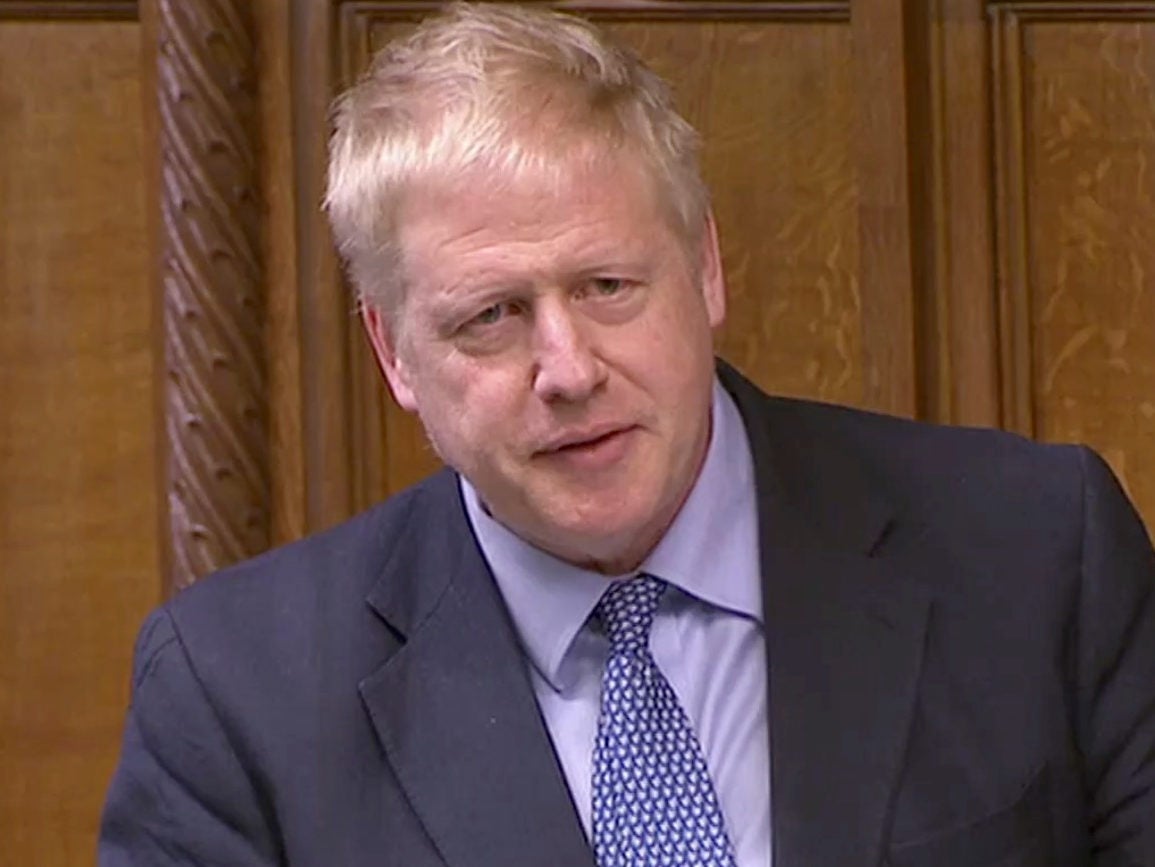
Boris Johnson breached accuracy guidelines in his Daily Telegraph column when he claimed a no-deal Brexit was the preferred option for leaving the EU “by some margin”, press regulator IPSO has ruled.
Johnson resumed his role as weekly columnist at the broadsheet in July last year after a two-year break while he served as Foreign Secretary.
In his column on 7 January, headlined “The British people won’t be scared into backing a woeful Brexit deal nobody voted for”, Johnson set out his opposition to Theresa May’s withdrawal agreement and claimed that fear of a no-deal Brexit had been exaggerated by Remain supporters.
The article said: “Of all the options suggested by pollsters – staying in the EU, coming out on Theresa May’ terms, or coming out on World Trade terms – it is the last, the so-called no-deal option, that is gaining in popularity.
“In spite of – or perhaps because of – everything they have been told, it is this future that is by some margin preferred by the British public.”
The article was teased on the front page in an article by Telegraph political editor Gordon Rayner and printed in full on page 18 and online, where it is marked as premium for paying subscribers.
After a complaint was received by the Independent Press Standards Organisation, the Telegraph argued that the article was “clearly” an opinion piece and that readers would understand the statement was “not invoking specific polling” as it did not refer to any specific dates.
The newspaper also told IPSO Johnson was “entitled to make sweeping generalisations based on his opinions and that the complainant had misconstrued the purpose of the article – it was clearly comically polemical, and could not be reasonably read as a serious, empirical, in-depth analysis of hard factual matters”.
However the Telegraph did point the regulator to five polls that could be said to support the claim, including one which ranked a Canada-style trade deal and “don’t know” before a no-deal Brexit.
It added that the responses to the other four polls could be amalgamated to reflect support for no-deal over May’s deal or staying in the EU.
IPSO ruled Johnson had breached Clause 1 (accuracy) of the Editors’ Code of the Practice by failing to take care over the accuracy of his claims.
“The publication had not provided any data which supported the author’s claim either that a no-deal Brexit was the option preferred ‘by some margin’ over the three options listed, or that these represented ‘…all of the options suggested by pollsters’,” IPSO said.
“Instead it had construed the polls as signalling support for a no deal, when in fact, this was the result of the publication either amalgamating several findings together, or interpreting an option beyond what was set out by the poll as being a finding in support of a no deal Brexit.”
IPSO added: “The reference to the polling was not material to the author’s polemical argument. However, it was a significant inaccuracy, because it misrepresented polling information.”
The regulator also criticised the Telegraph for not offering a correction.
IPSO decided the inaccuracy was not material to the overall argument of the article, and noted that it had not appeared in the front page article.
It therefore ruled that a correction should appear in the newspaper’s corrections and clarifications column and at the bottom of the online article, although this should be moved to the top if the inaccuracy is not removed.
Read the full IPSO ruling here.
Picture: Reuters TV via Reuters
Email pged@pressgazette.co.uk to point out mistakes, provide story tips or send in a letter for publication on our "Letters Page" blog
